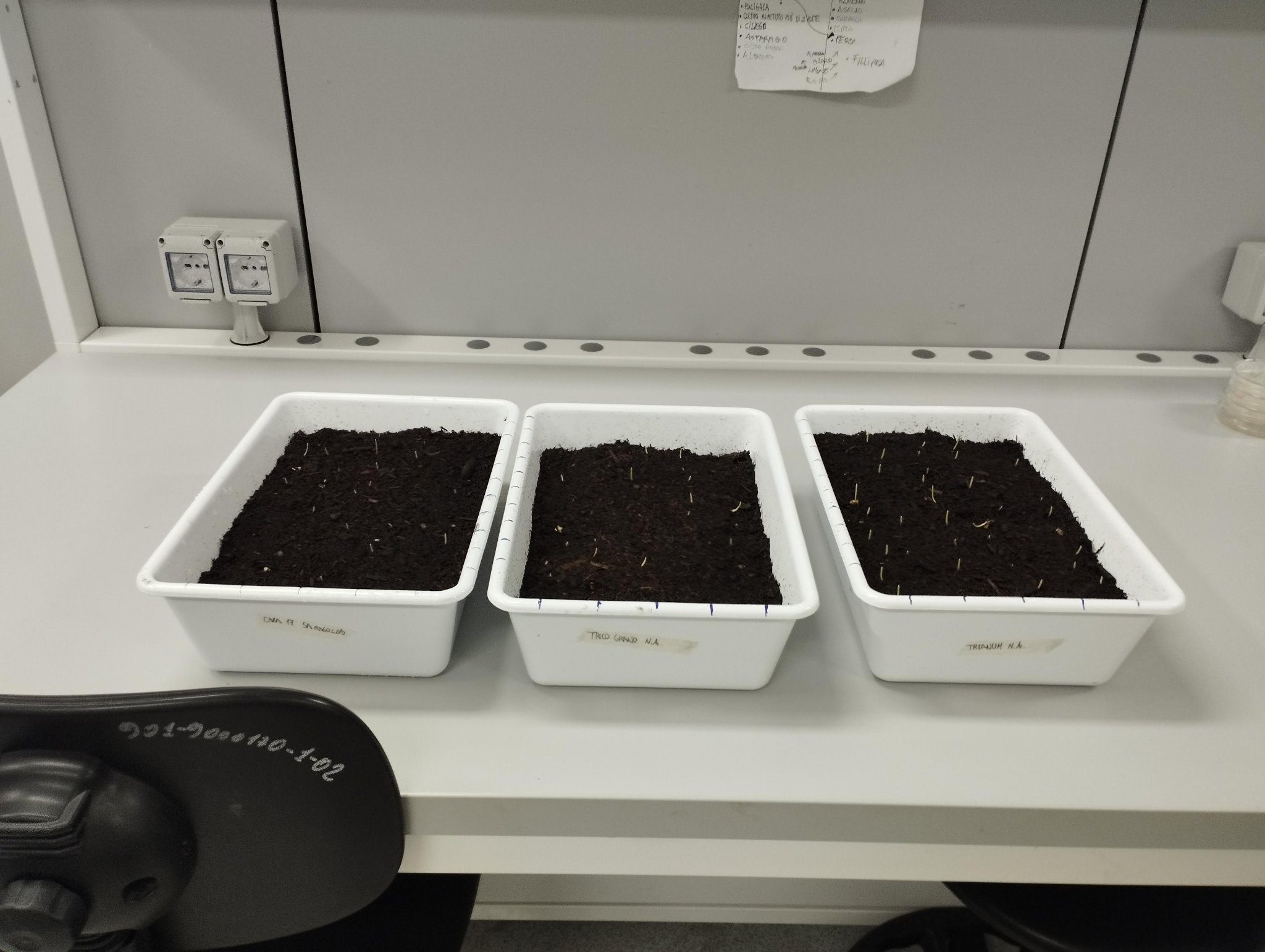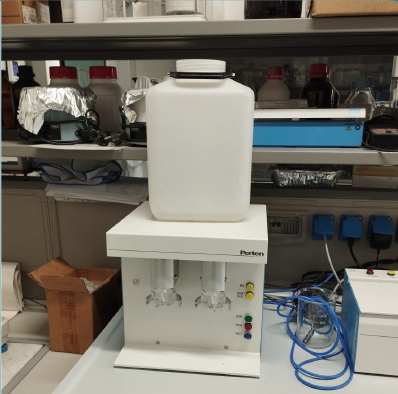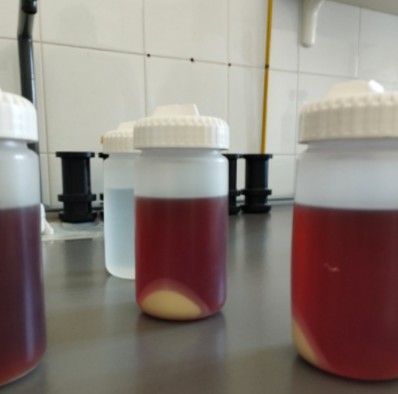The SODOSOST project - Optimization of no-till seeding practices in durum wheat to improve the sustainability of Apulian cereal farming - was financed within the framework of the public call for applications for support under Measure 16.2 and 2, which supports the implementation of pilot projects and the development of new products, practices, processes, and technologies in the agri-food and forestry sectors, as well as the transfer and dissemination of results obtained by Operational Groups. The project was granted aid under the Public Notice approved with D.A.G. no. 194 of 12/09/2018, published in B.U.R.P. no. 121 of 20/09/2018, which provides a total contribution of €460,700.00 against an overall eligible expenditure of €460,700.00. Apulia is the main Italian region in cereal cultivation with 411,575 hectares dedicated to it. The production, amounting to approximately 1.5 million tons, is particularly focused on durum wheat, oats, and other minor cereals (ISTAT).











